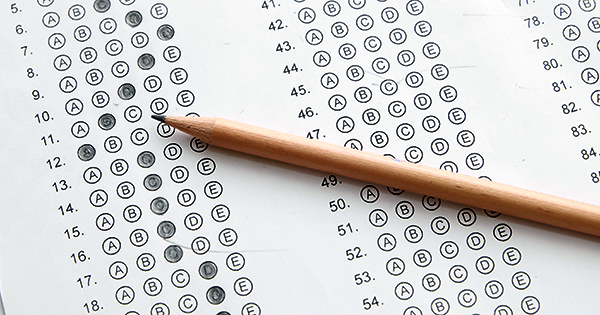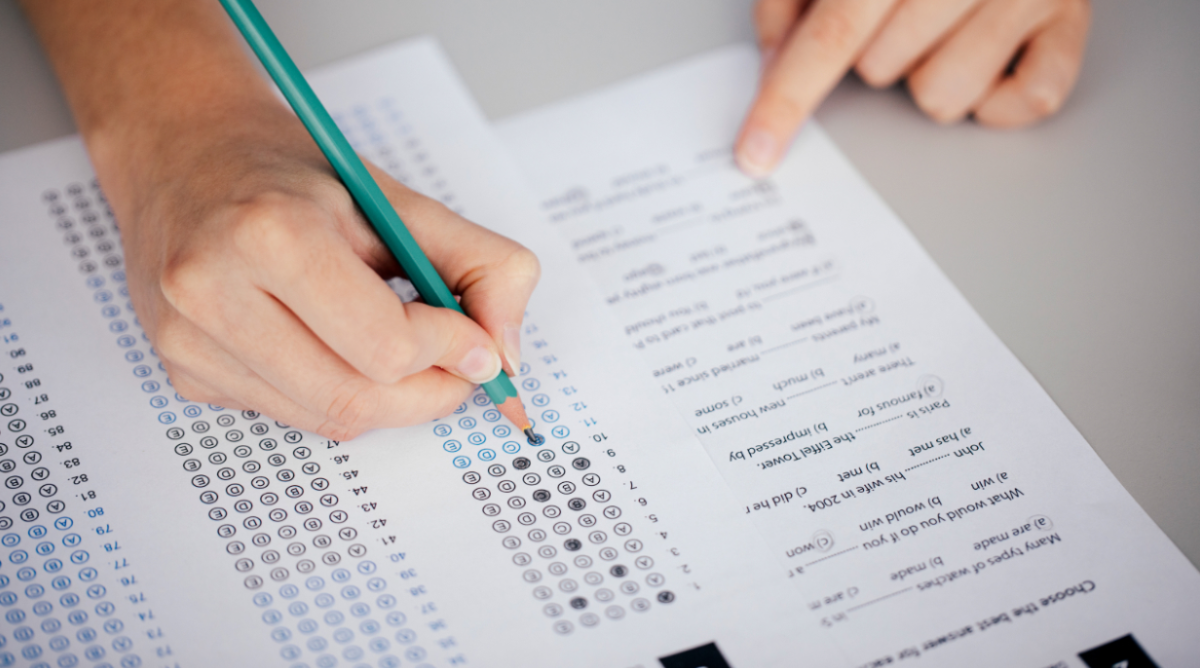One of the recent concerns of high school students, when it comes to applying to colleges, is that many schools are now stepping away from being “test-optional”. Ever since the COVID-19 pandemic, many colleges and universities have been “test-optional”, meaning that students are not required to submit their ACT/SAT scores. This was enacted because many test-taking disruptions occurred during the COVID-19 pandemic, such as online learning. What does “test-required” mean for upcoming students? It means that colleges are now considering SAT and ACT scores as a critical component in admission decisions.
Why are colleges becoming “test-required”? “SAT/ACTs can be especially helpful in identifying students from less-resourced backgrounds who would succeed at Dartmouth but might otherwise be missed in a test-optional environment” says Sian Leah Beilock, Dartmouth’s President. Test-required allows universities to interpret an application through an applicant’s environment and how it could impact their success as a student; therefore, standardization creates a sense of fairness and individuality. Multiple factors can affect an application, but by submitting test scores, admission officers can consider or assess another profound data point. Major universities—such as Harvard, Yale, Brown, and Columbia to name a few—are now going back to “test-required” for the Fall semester in 2025. This starts a trickling or “domino effect” of other colleges following in their footsteps.












